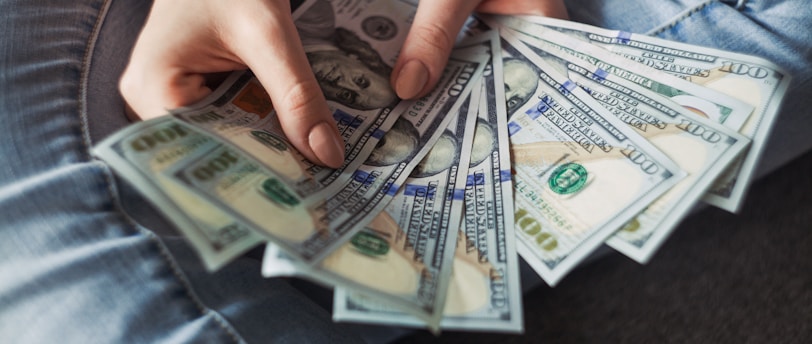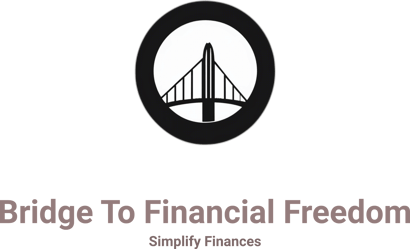Secure Your Future: The Ultimate Guide to Building an Emergency Fund
Learn how to keep your finances safe with our easy guide to building an emergency fund with simple steps to prepare for unexpected expenses and tough times. Start protecting your money today


How to build emergency funds
COVID pandemic has change the world in many ways and one of the major impacts it has is on how people see the money now. Almost everyone I know keep some funds aside to feel safe. Safe from what? From any unforeseen expenses. This fund is Emergency Fund.
This fund is very subjective and depend on the personal circumstances of every household. But the key is, you need to keep some money aside to cover your expenses if you lose your job because of pandemic, industry changes, personal circumstances, short term illness, or accident.
However, in today's rising rates environment, many Americans and Canadians are living paycheck to paycheck and need to have emergency fund to tap on in case of any immediate requirements. Post-pandemic era has shown the importance to many, if not to all, the importance of emergency funds including me.
When should it be used?
This fund should be easily accessible and should cover your most fundamental expenses, which can't be avoided such as:
Food expenses for your household
Rental or mortgage payments
Your car broke up and needs a repair
You can pay your necessary utilities bills
Car Insurance
How much is enough?
Honestly, there is no right answer to it. Its very personal and need to be determined based on one's personal situation. One easy formula, if you want to call it so, is how long would you take to get a new job or start getting your cashflow in place? Then you just calculate the above recurring expenses ( food, utility insurance etc.) and possible one time expense (car repair, house repair etc.) and keep that money aside and forget about it until the emergency strikes.
Experts say you need to keep at least 3 to 6 months funds aside for emergency. I personally feel that I should have at least 6-8 months of emergency fund build up for me so that I don't feel too stressed and stretched.
Keep it safe in risk free and possibly in high interest savings accounts
Emergency fund is not to make you rich. It is insurance for your rainy days where you have peace of mind that the money you kept is safe and can be accessed. It will not decrease because of external factors such as change in market. Of course there might be an impact due to inflation, but that's about it. Its amount should not decrease.
Some experts suggest that you should keep them in your Tax Free Savings Accounts (TFSA) or Guaranteed Investment Certificates (GIC) accounts. However, it depends on what you are comfortable with. I would personally count on bank savings accounts (I hear ya, interest rates are low in savings account) to have a financial cushion set aside. While GICs might have higher interest rates, they might be less flexible and have restriction (generally a locking period) for withdrawals which is opposite to the idea of emergency funds.
Similarly, TFSA can be more powerful in building your wealth when used as an Investment account rather than savings account again considering the current savings interest rates in accounts. Initially, I also considered TFSA a savings account, until I explored it further and found the true power of TFSA.
Building that crucial fund
Discipline is the name of the game when it comes to building emergency funds. First pay your bills and then keep some money aside every pay check, without fail. You are only left with 50$ after paying your bills? Put it in your emergency fund. Lesser than $50? no worries, put that in your emergency fund. The idea is with that discipline your emergency funds would keep on growing every 15 days, assuming you get paid bi-weekly.
If you can automate that saving, even better. Just calculate how much can you keep aside without the need to touch it ever. Yes, we hope we never need to touch our emergency fund. It is an insurance which will allow you sleep stress free and the good news is you don't need to pay any monthly premium for any insurance to some one else. Consider that saving amount a premium to yourself.
